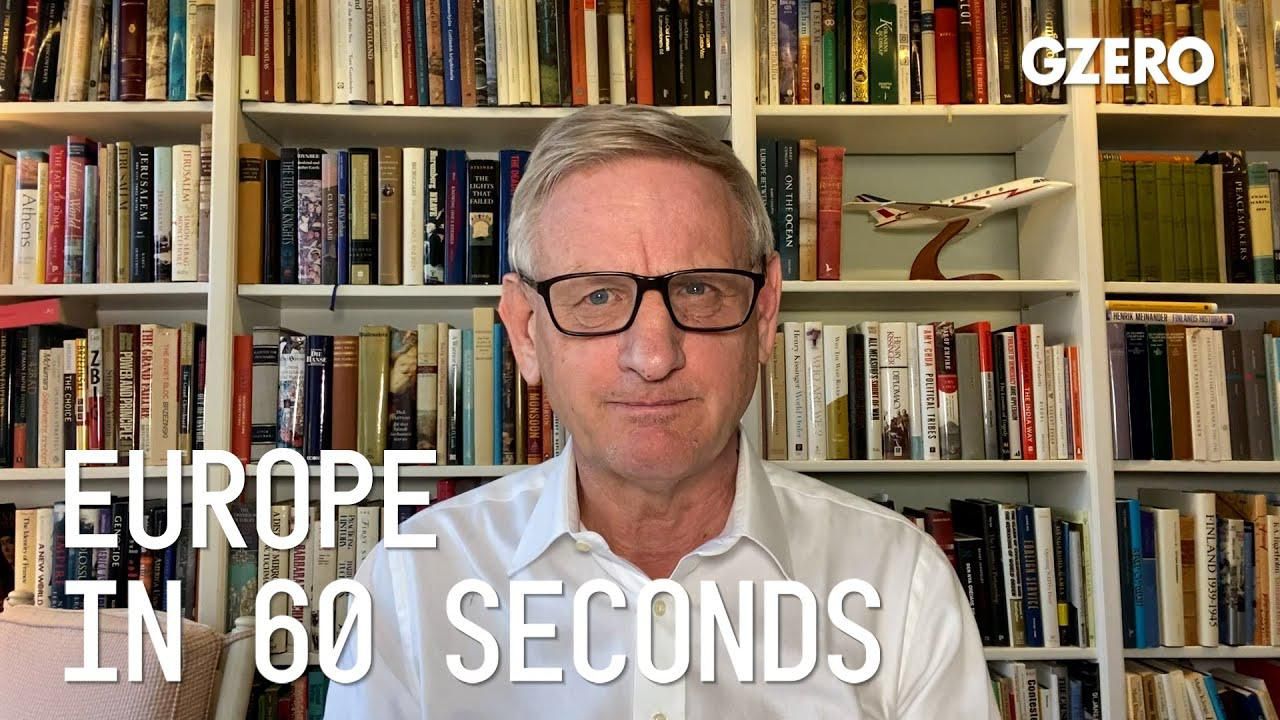
Carl Bildt, former Prime Minister and Foreign Minister of Sweden, shares his perspective on Europe In 60 Seconds:
What's going on between the United Kingdom and France over fishing rights?
Yes, good question. Why on earth are they sending the Royal Navy to chase away some French fishermen from the island of Jersey? Fishing rights is very controversial. It was one of the key issues in the Brexit negotiations. Extremely divisive. Fishermen are fairly determined people but sending the Royal Navy to handle the French fishermen was somewhat excessive. I guess it played rather well with the English nationalists for Boris Johnson in the local elections, though.
How important are the Scottish elections for the future of the UK?
They are very important. If there is a solid pro-independence majority in the Scottish Parliament, they will press for a new referendum. Will they get a new referendum? Well, sooner or later, I guess they will, the one way or the other. It might not be imminent. Will they win that referendum? Well, that's much too early to say, much too early to say. But it's going to be a very divisive issue for the United Kingdom. And they have a problem with Northern Ireland as well.